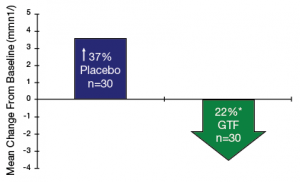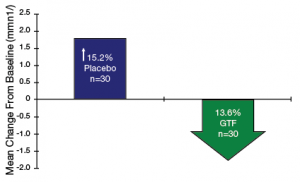- 081-4545-880
- [email protected]
Acknowledged by US FDA
US Patent No: US6,379,693 B1
Glucose Metabolism in Pregnancy
Glucose Metabolism in Pregnancy
- A study examining chromium excretion during pregnancy found that persistently elevated excretion in normal pregnancies seemed to be associated with a significant reduction in insulin sensitivity. In turn, it was speculated that enhanced chromium excretion had the potential to put a mother at risk gestational or post-partum abnormal glucose metabolism. Morris BW, Samaniego S, Fraser R, MacNeil S. Increased chromium excretion in pregnancy is associated with insulin resistant. Journal Trace Element Expert Medicine 2000; 13:389-96.
- Impairment of glucose tolerance induced by pregnancy may be associated with a low chromium status.Davidson IWF, Burt RL. Physiologic changes in plasma chromium of normal and pregnant woman; effect on glucose load. Am J Osbtet Gynecology 1973; 116:601-8.
- Dietary Chromium supplementation for affected glucose metabolism in women improves glucose tolerance and lowers hyperinsulinemia. Lois Jovanovic, Mario Gutierrez, Charles M. Peterson. Chromium supplementation for women with gestational diabetes mellitus. J Trace Elem Exper Med 1999;12:91-97.
- Clinical trial proved that GT&F® can help reducing plasma glucose and plasma insulin.Dee Pei, Chang-Hsun Hsieh, Yi-Jen Hung, Jer-Chuang Li, Chien-Hsing Lee, Shi-Wen Kuo. The influence of chromium chloride-containing milk to glycemic control of patients with type 2 diabetes mellitus: a randomized, double-blind, placebo-controlled trial. Metabolism 2006; 55:923-927.
CLINICAL TRIAL
GTF Reduces Plasma Glucose

After 16 weeks, fasting plasma glucose was
significantly reduced.
GTF Reduces Plasma Insulin

After 16 weeks, fasting plasma insulin was
significantly reduced.
